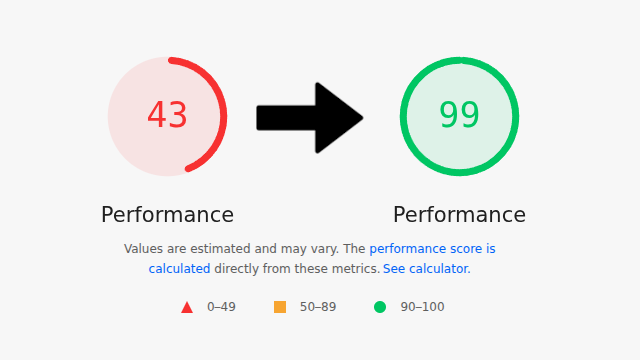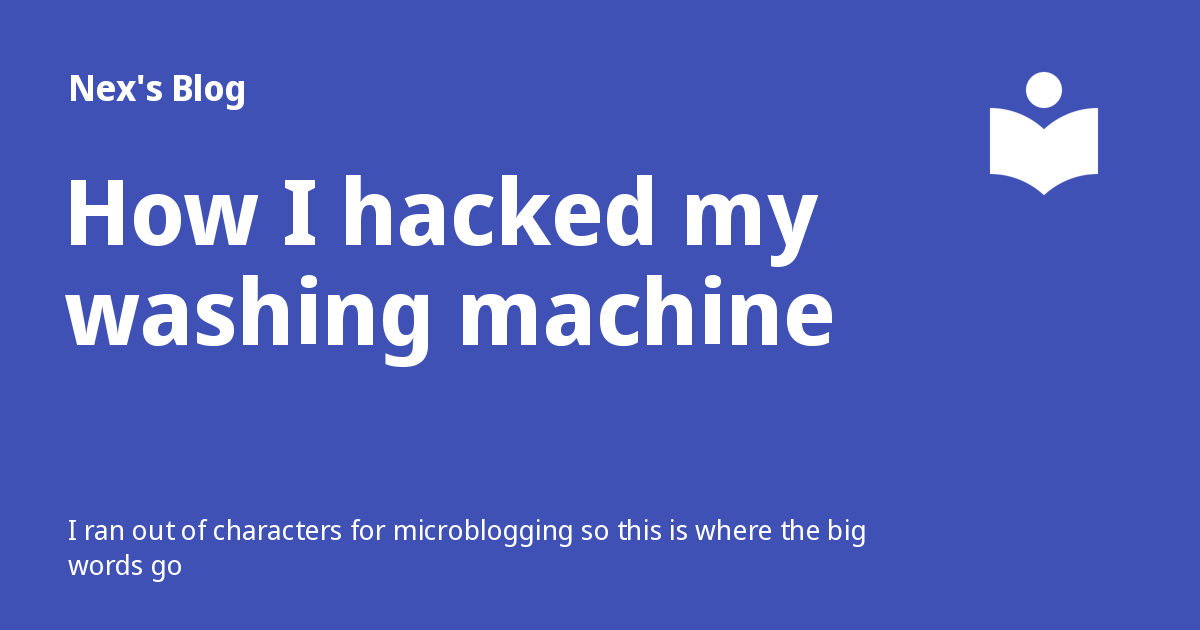Blazing Fast Cuckoo Filter Lookups in C# with Bit Twiddling

While implementing a Cuckoo Filter in C#, the author significantly optimized lookup speed by cleverly replacing a 4-byte bucket with a 32-bit integer and employing bit manipulation tricks. Initially, a byte array required looping through four bytes per bucket. Switching to a uint array and using bit shifting improved performance by roughly 35%. However, the author's final optimization, a branchless bit manipulation technique to directly check for a target byte, resulted in over 60% faster positive lookups and more than double the speed for negative lookups. While readability decreased slightly, the performance gains are substantial, making this a worthwhile optimization strategy.










